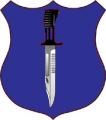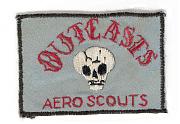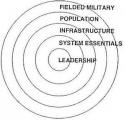Volume XII - in Three Parts. 1885. (Vol. 12, Chap. 24)
Chapter XXIV - Operations in Northern Virginia, West Virginia, and Maryland. Mar 17-Sep 2, 1862.
Part I -- Reports, Mar 17-Jun 25
Part II -- Reports, Jun 26-Sep 2
Part II -- Supplement. 1886.
Part III -- Correspondence
Volume XIII. 1885. (Vol. 13, Chap. 25)
Chapter XXV -- Operations in Missouri, Arkansas, Kansas, the Indian Territory, and the Department of the Northwest. Apr. 10-Nov. 20, 1862.
Volume XIV. 1885. (Vol. 14, Chap. 26)
Chapter XXVI - Operations on the coasts of South Carolina, Georgia, and Middle and East Florida. Apr 12, 1862-Jun 11, 1863.
Volume XV. 1886. (Vol. 15, Chap. 27)
Chapter XXVII - Operations in West Florida, Southern Alabama, Southern Mississippi (embracing all operations against Vicksburg, May 18-Jul 27, 1862); and Louisiana, May 12, 1862-May 14, 1863; and operations in Texas, New Mexico, and Arizona, Sep 20,1862-May 14, 1863.




 Reply With Quote
Reply With Quote






Bookmarks